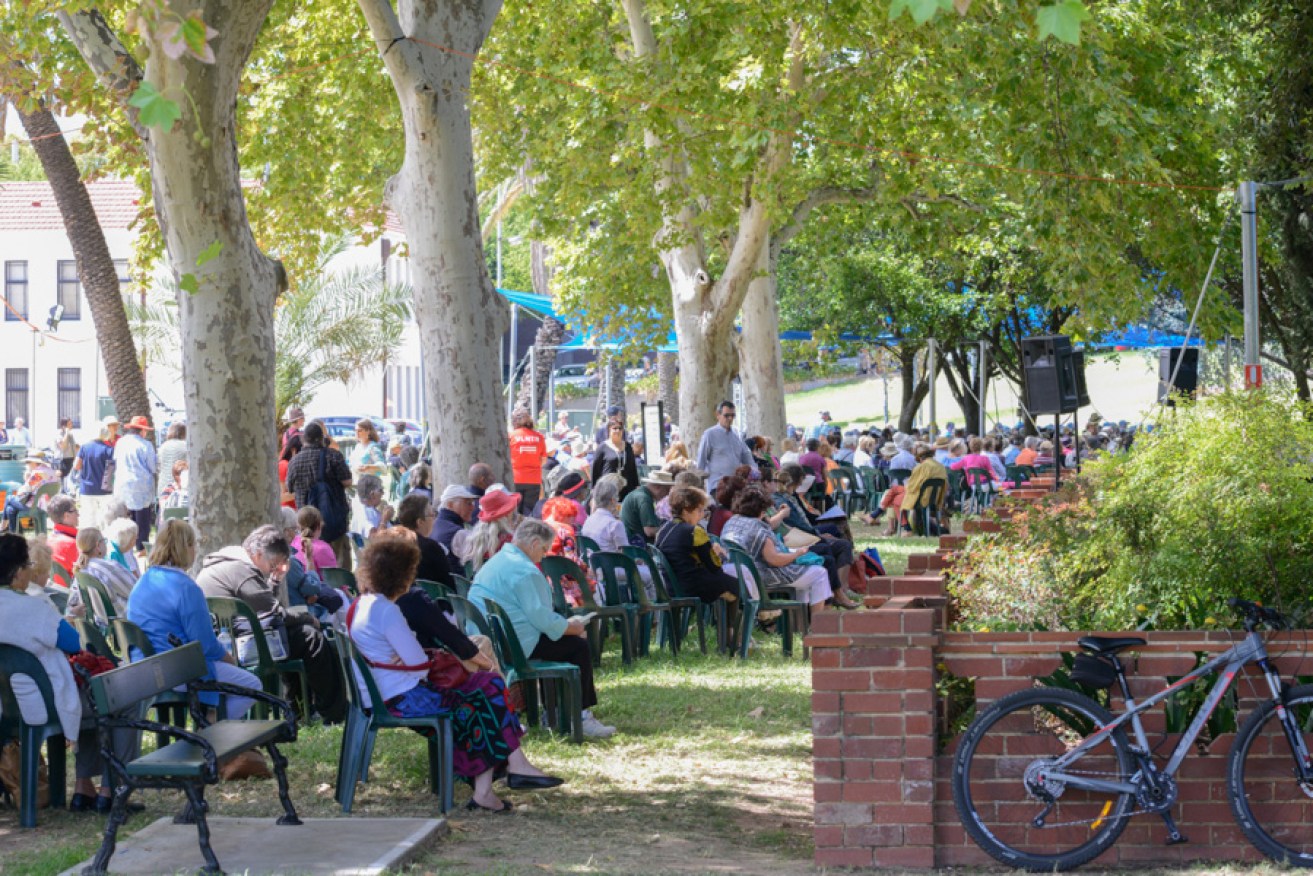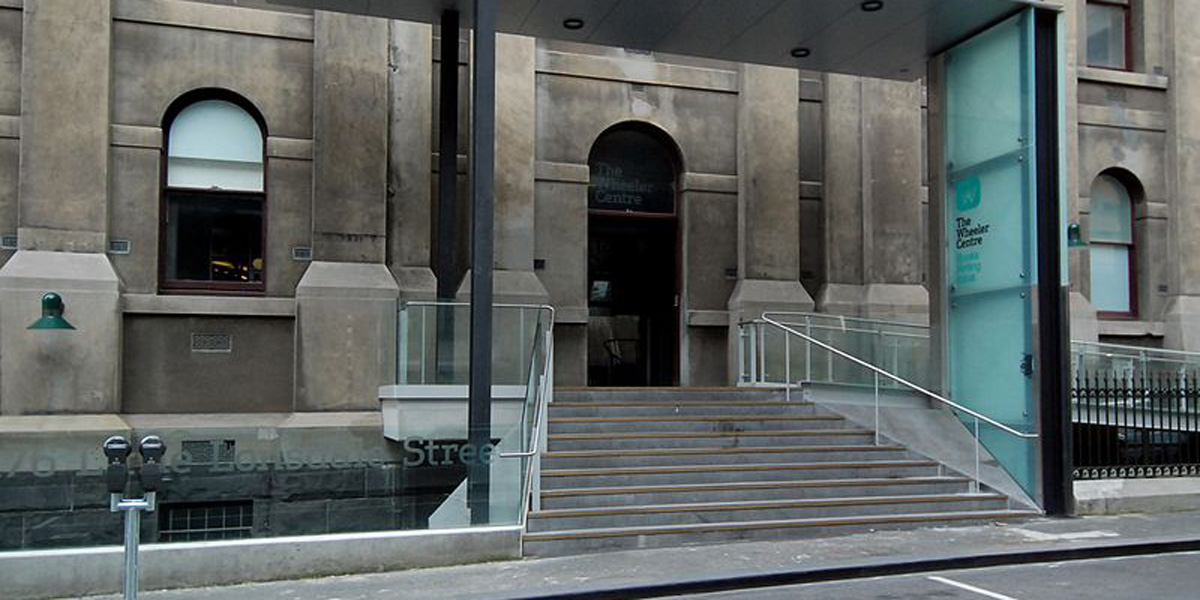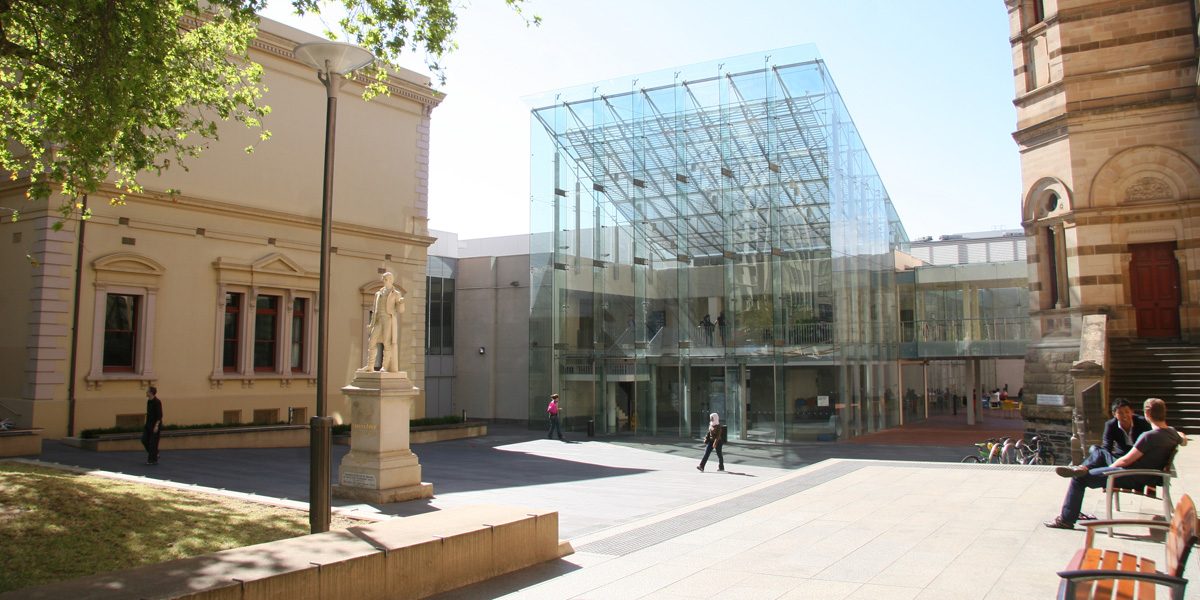Does Adelaide still care about ideas?


South Australians have embraced Writers' Week. Photo: Nat Rogers/InDaily
On a grey night last week a group of book lovers wandered down a city laneway and into a small basement bar, where they packed into a sold-out session showcasing “the next big things” in South Australian writing.
Four South Australian writers, each very different, read from their work to an enthusiastic crowd who sipped on wine and enjoyed the cosy surrounds.
Which laneway, and which bar?
Not Peel Street nor Leigh Street, not Bank Street nor even Rundle Street. It wasn’t anywhere in Adelaide.
It was a session at Melbourne’s Wheeler Centre, a cultural powerhouse kickstarted by the Victorian State Government and made sustainable through a substantial endowment from Lonely Planet founders Maureen and Tony Wheeler.
Located in a renovated wing of the State Library, the centre hosts more than 200 talks a year, which are viewed by thousands of visitors in person, and exponentially more across the world online. It houses a cluster of organisations, including some private, who are concerned with books and writing, including the Melbourne Writers’ Festival . Billed as being concerned with “books, writing, ideas”, the centre has helped create Melbourne’s modern reputation as a sophisticated, intellectually curious city.
Adelaide’s recent history in nurturing our precious intellectual capital is very different.
Rather than investing in public discussion of ideas, we’ve retreated into a kind of blokey utilitarianism, dressed up with the shiny baubles of the booming Riverbank precinct and a clutch of small bars.
Consider what we’ve lost in the realm of public intellectual endeavour since the end of Mike Rann’s premiership: the “university city” vision has begun to collapse, the Integrated Design Commission was scrapped, the Festival of Ideas has been put on ice (and is very unlikely to reappear as a government-supported event), and the Thinkers in Residence program was dumped.
Our body politic rejected the free inquiry practised by the likes of the Integrated Design Commission and the Thinkers like they were viruses. And in a sense they were. The ideas generated by these bodies annoyed people in Government, obsessed with political control. With a few notable exceptions, much of this energy evaporated, leaving little trace behind.
The Festival of Ideas, held every two years since 1999, was dumped due to a tightening arts budget, arts and culture always being an easy target in an era of restricted budgets (it also seems likely that it was a victim of the decision to run the Festival of Arts as an annual event). There has barely been any dissent about the Festival of Ideas being dumped, perhaps an indication that the general populace no longer believes we can afford culture any more.
This retreat from the world of ideas isn’t surprising, given the state of the budget and the economy (and, probably, a jaundiced view of Mike Rann’s legacy).
But it’s terribly shortsighted.
South Australia’s future won’t be assured by giant factories, or better football crowds, or motor races or even a $9 billion north-south road corridor.
Our future in this tiny and tenuous settlement will be created and sustained – as it always has been – by the power of our ideas.
Investing in the cultural richness of the city will also make it a more interesting, prosperous and safer place to live.
If we insist on an economic justification for such an investment, there is increasing national and global competition for bright people and their smart businesses, and the cultural life of a city is a crucial part of the battle. There is evidence, too, that increasing arts and cultural activities in a city can transform the design of public spaces, support the night-time economy, and improve the safety of the city outside office hours.
Adelaide is far from a cultural wasteland. We have pockets of excellent public intellectual endeavour spread across the city in the likes of the RiAus, the Hawke Centre, Writer’s Week, the SA Writers’ Centre, our big North Terrace cultural institutions (library, museum and art gallery) and within the three universities. Imagine the impact if more of these efforts were combined.
However, the public sector is a different story. It’s so important to South Australia, yet it is increasingly smothered by the tightening bonds of “accountability” to minister’s offices, and strangled by crudely targeted “efficiency dividends”. Our public servants, more than ever, need to think creatively.
What to do? How do we encourage a richer public discussion of big ideas in the current environment?
The Wheeler Centre offers a useful model. So useful, in fact, that a group of creative thinkers in government actually had a crack at producing something like this in Adelaide a few years ago.
They even identified the Institute Building, located next to a State Library exactly like the Wheeler Centre, to house a conglomeration of cultural organisations, but the vision evaporated along with Labor’s rivers of GST gold and Rann’s premiership.
There’s a myth that the Wheeler Centre is purely a product of private benefaction. While the Wheelers did tip in a more than substantial amount of money, they were drawn to the project because the government first invested in it, first showed that it believed in the importance of gloriously unfettered thinking.
Imagine the SA Writers’ Centre, Writers’ Week, public programs from the library, private publishers and others joining together for a rolling, year-round program of discussion and engagement.
Imagine what Adelaide would be like if we valued thinking and books and ideas as much as we value football, motor racing and free-flowing north-south traffic.
David Washington is the editor of InDaily.






